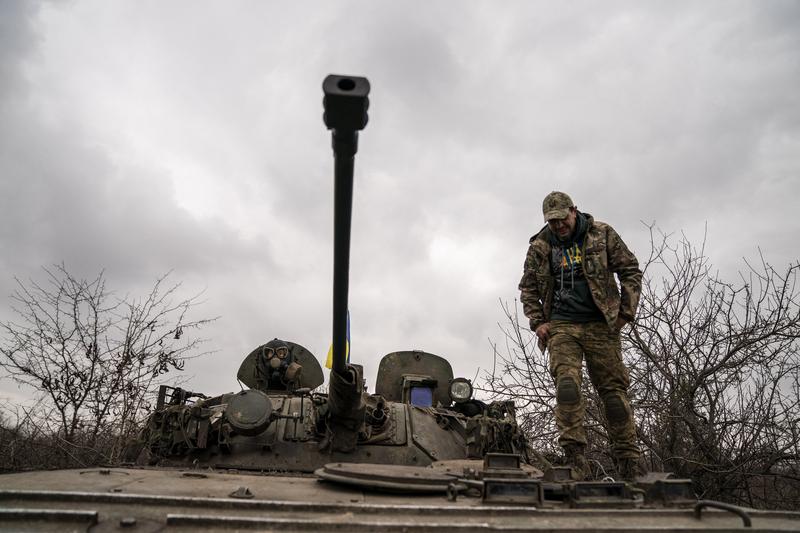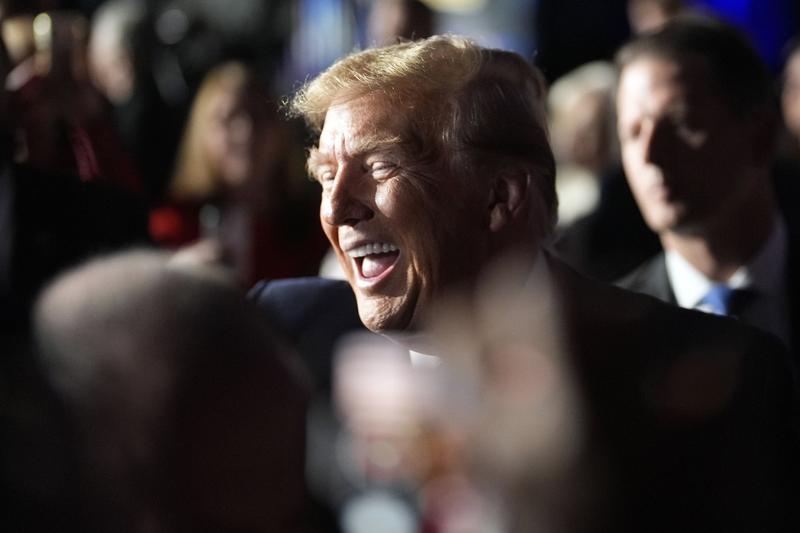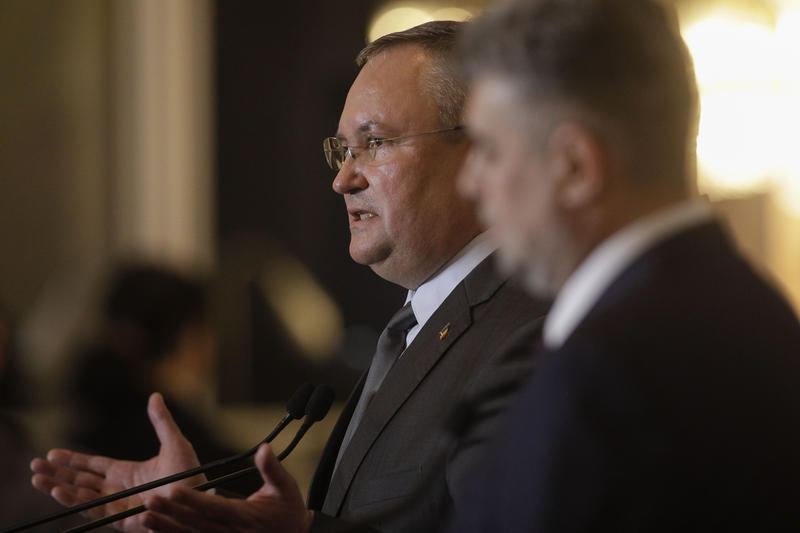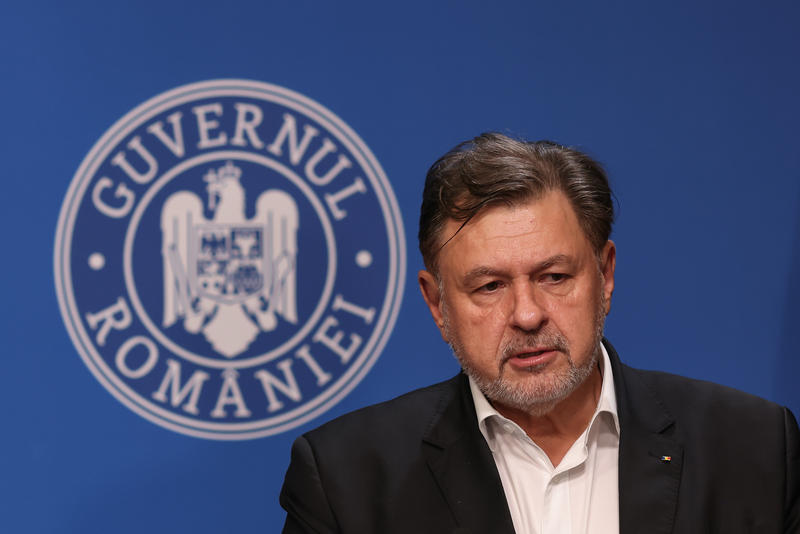The International Monetary Fund (IMF) delegation in Romania, presided by Jeffrey Franks, requested on Tuesday evening that Romanian authorities postponed adopting the unique income law, so that tests on the debated law could be carried out. Jeffrey Franks declared for press agency NewsIn that having the minimum income as reference might become a "potential danger" for the Government's aim to reduce the budget expenditure.
The president of the National Union Block (BNS) Dumitru Costin said that postponing the law until after the presidential elections later this autumn may mean the law could only be adopted in 2010, with increased costs. "If the Government was not able to evaluate and see the costs and jobs that could be reduced, not necessarily individuals, not necessarily leading to redundancies, since January until August, then postponing this until after the elections means not taking decisions for not upsetting some people", he said.
According to Costin, the IMF proposed the unique income law to be considered instead of the minimum income and BNS agreed. Taking the minimum income as reference may result in the mass increase of people's incomes, which could not be supported by the present budget, Costin added.
CNS Cartel Alfa leader Bogdan Hossu said the IMF wants the measure to be postponed to allow for an efficient dialog with the social partners and for law implementation simulations to be carried out.
In its IMF agreement, the Romanian Government pledged to adopt the unique income law by October 30, 2009. Governmental sources declared previously for Romanian news agency Mediafax that the Government was discussing with the IMF ways to structure and implement the unique income law in the state system.




















